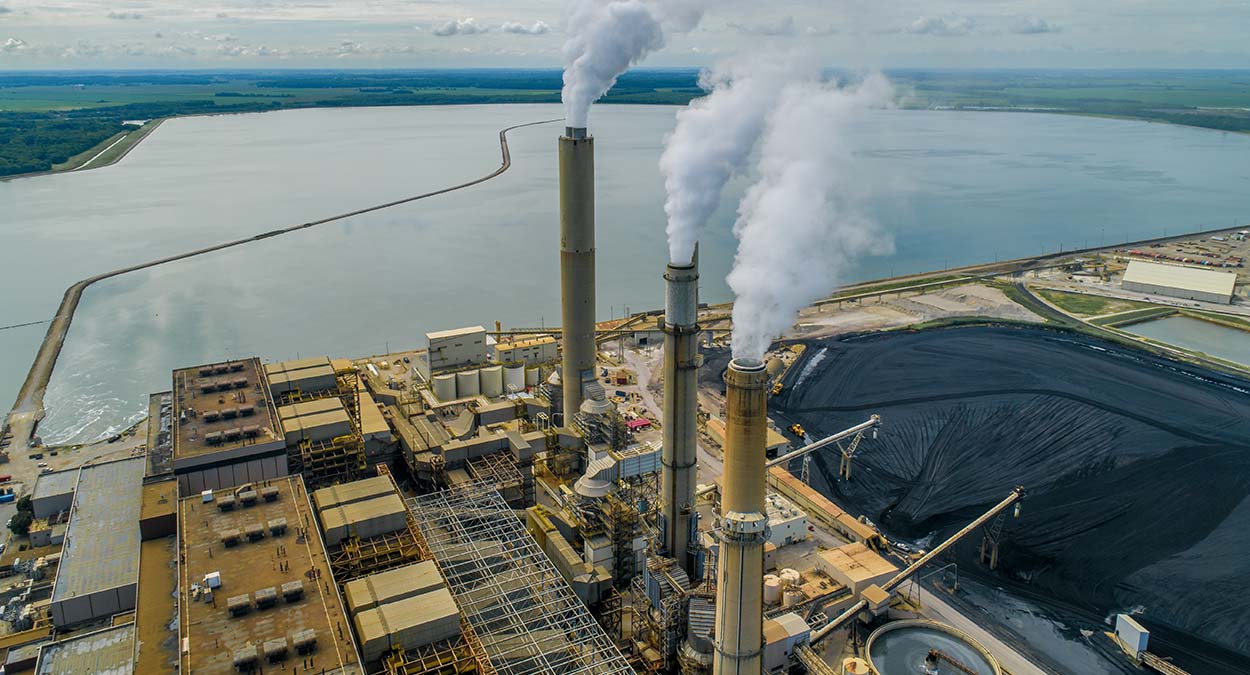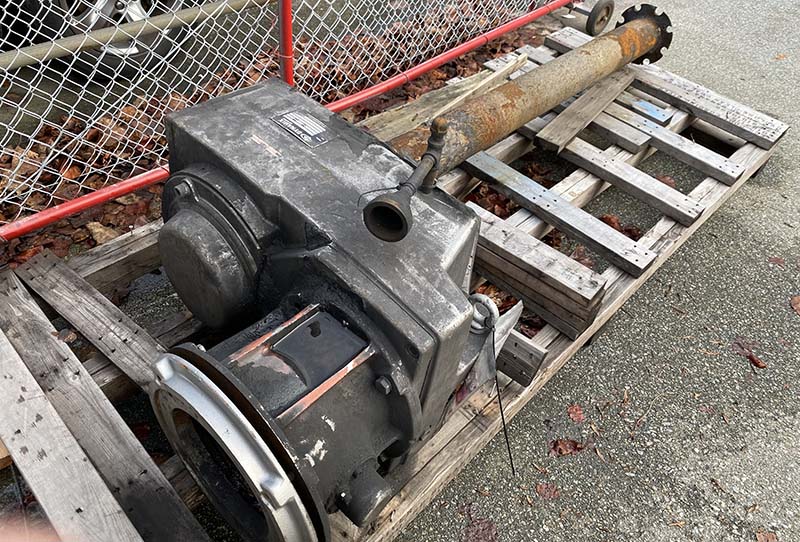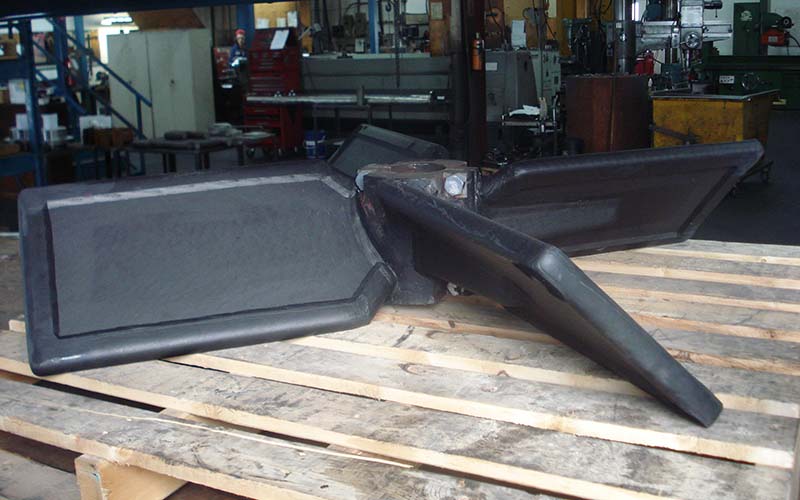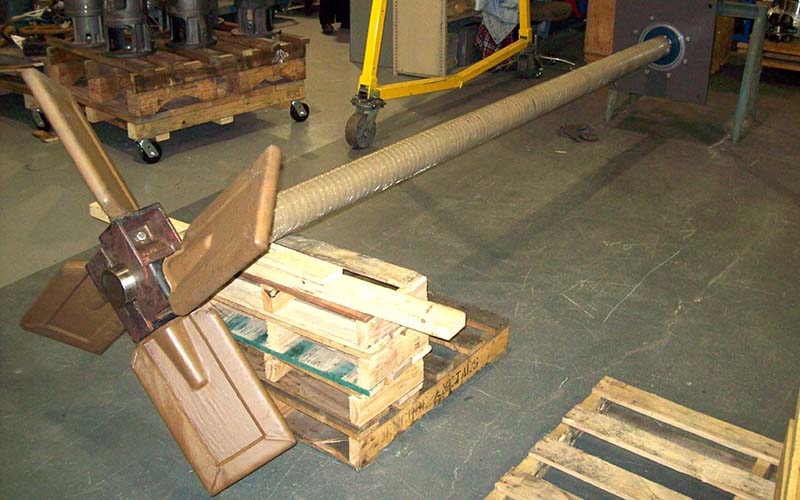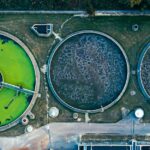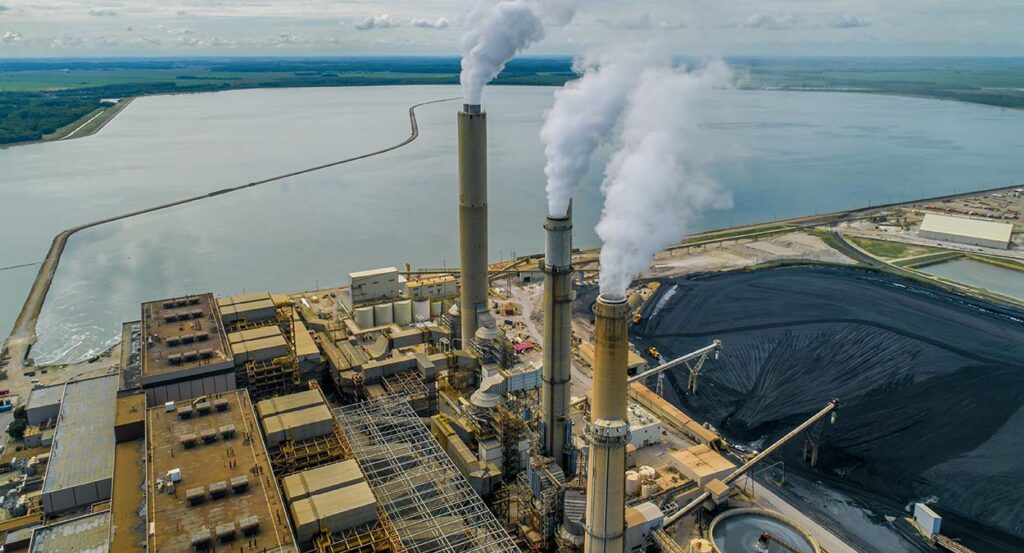Most new production today of germanium today is from zinc ores or coal fly ash. Both processes involve acid leaching, an already difficult process further complicated by the unique challenges posed by germanium, notably its hardness. Dynamix designs mixers that deliver longevity and reliability in germanium recovery.
The Germanium Recovery Process
Germanium is typically found in very low concentrations and requires significant refining. Sources of recoverable germanium include zinc, silver, lead, and copper ores, along with fly ash from the combustion or gasification of coal.
The refining process begins with acid leaching using sulfuric, phosphoric, or other acids. This dissolves the germanium into the leachate, separating it from the remaining solids. However, some impurities are dissolved as well and must be removed through solvent extraction and stripping back into an aqueous solution. The final step is the precipitation of the refined germanium from the solution.
Designing Reliable Mixers for Germanium Processes
Mixer design poses a significant challenge across all mining and refining applications, and germanium recovery is among the most challenging. The process requires agitation during the primary leaching step, along with numerous mixing and settling steps during extraction and stripping. Designing mixers for each step requires careful consideration of the unique solutions used.
Mixing during leaching maintains a uniform suspension to maximize contact between solids and the leaching solution. This minimizes leaching time, increasing throughput for vessels of a given size. However, the solids present can cause significant friction that leads to both energy loss and abrasive wear on the impeller and shaft.
Custom Coatings for Germanium Mixing
In order to meet these challenges, Dynamix engineers design custom solutions for every application. The impeller, shaft, and drive configurations provide optimal process conditions. A wide range of coatings, including rubber, PVDF, and Teflon, are used in specific processes to reduce the impact of abrasive wear and minimize friction.
These coatings also provide essential protection against corrosion during acid leaching. Other process steps in germanium recovery use a variety of solvents under varying conditions. These steps require careful coating selection to prevent corrosion and increase the longevity and reliability of the mixer.
The hardness of germanium in the slurry further accelerates wear due to abrasion in comparison to other metal leaching processes. Germanium has a Mohs hardness of 6.0, the same as titanium. This creates an even greater need for custom coatings that can stand up to this demanding application.
With custom-engineered mixers, germanium refining operations can reduce costs associated with maintenance due to wear and cleanout due to inadequate suspension. The improvement in leaching times allows processes to achieve higher throughputs without the need for larger vessels, reducing both costs and the required footprint.
Germanium refining and other mining processes bring unique challenges that make them unsuitable for off-the-shelf mixing solutions. By working with Dynamix, facilities can improve their operation and reduce both capital and operating costs.
Custom Mixers for Germanium Recovery
Dynamix has spent years developing engineered solutions for an extensive range of mining and refining applications. Our solutions bring the benefit of that specialized experience, ensuring that our customers receive equipment perfectly suited to their unique applications. If you need reliable, efficient, and effective mixing for any challenging process, you can contact Dynamix today to find out what we can do for you.

